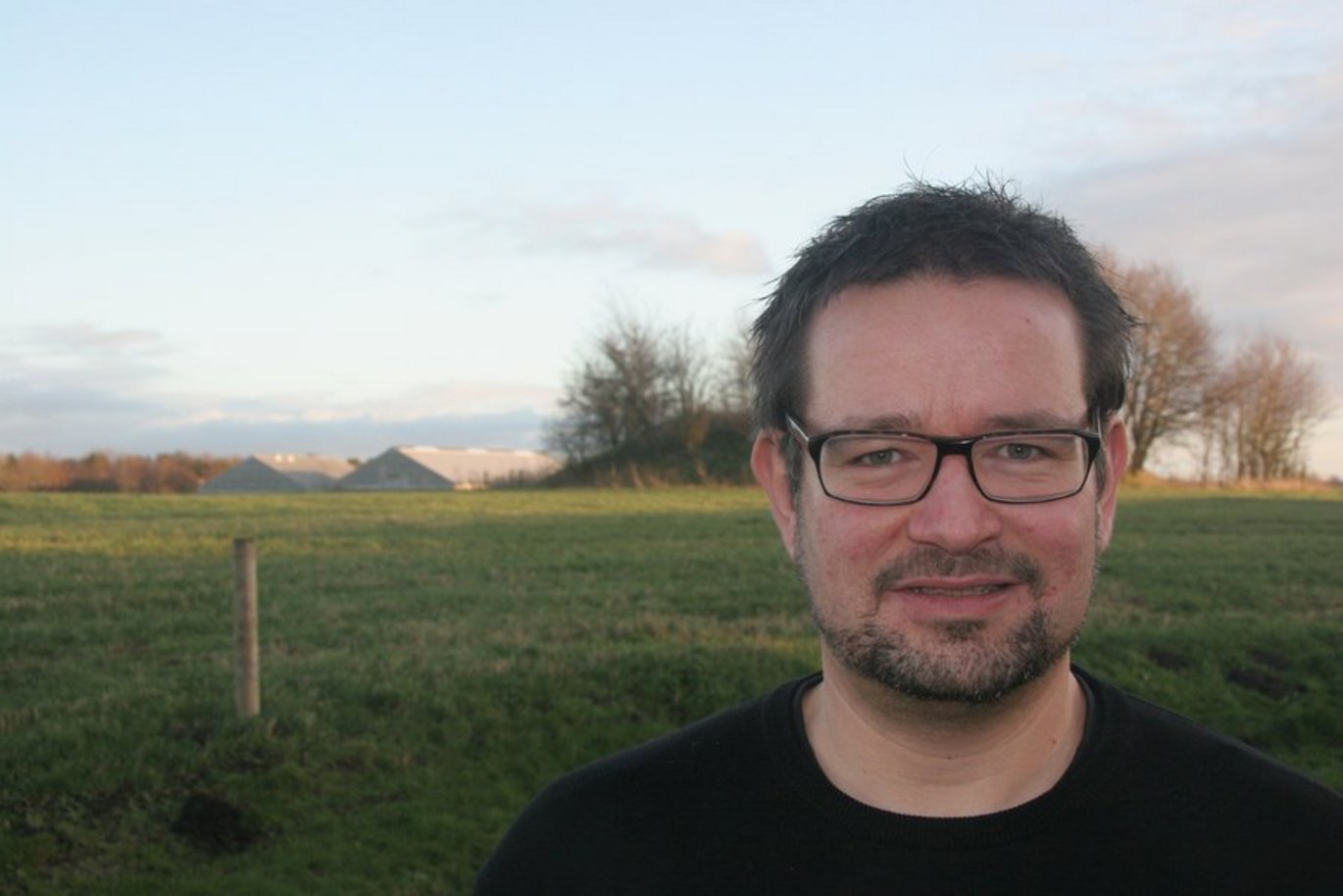New European science network on methane challenges and genetics in ruminants
A new EU-supported network that aims, among other things, to improve measurements of methane emissions from ruminants is co-chaired by a scientist from Aarhus University.

More than 50 scientists from more than 20 countries in Europe have joined forces in a network that will compile the existing knowledge from existing research projects on genetics and methane emissions from ruminants such as cows, goats and sheep.
The METHAGENE project is an EU COST-action project that has just received 4 million Danish kroner from the EU to cover travel costs and network activities. Heading the project is post-doc Jan Lassen from the Department of Molecular Biology and Genetics at Aarhus University and Yvette de Haas -a research colleague from the Wageningen University.
- The scientists in the network represent research projects with budgets totalling 39 million euro and we are all using different methods to measure the climate-forcing methane that is emitted by cows when they digest their food in the rumen. The measuring methods that are ultimately used for the genetic selection of the cows with the lowest methane emissions are different and in the network we will be standardising the methods and extracting the full potential of existing data, explains Jan Lassen.
He has worked with methane emissions from especially cows in recent years and preliminary results indicate that there is a link between the emission of methane and the utilisation of the feed.
- There are correlations between the cows that are good at utilising the feed and the amount of methane they emit. A high feed efficiency gives lower methane emissions, reveals Jan Lassen, although he is not yet able to make a genetic selection that can ensure a low methane yield while also maintaining a high reproduction and milk yield.
The inability to select for a low methane yield is partly because Jan Lassen does not have sufficient measurements, and this is something the METHAGENE project may remedy.
- I have measurements from around 2000 cows, but the network combined will have far more data that we can then explore. We can all contribute to the creation of a joint dataset and this is an advantage for all the network partners, believes Jan Lassen.
The ambition with the newly established network is that the involved scientists can exchange research. In addition to measuring methane emissions from cows using a sniffer device that sits above the cows where they are fed concentrate at the automatic milking station, Jan Lassen will contribute with research that will be using milk samples to calculate the methane emission from cows.
- I am working with other scientists from Aarhus University in another research project where we use milk samples to see if we can find a link in these to methane emission. The setup with milk samples is far easier to work than the sniffer method, says Jan Lassen and explains that what they are testing for is a link between the cow’s respired air and the milk profile in terms of fatty acid composition, metabolites and proteins.
With the existing regulations, methane emissions from cows are at no cost to the farmer, but in future this may well not be so.
- Farmers today have no incentive to minimise methane emissions, but this may change in the future if the industry has its emissions regulated, Jan Lassen points out.
The economic aspects are also part of the work of the new network which is set to run over the next four years.
When looking ahead to 2017 the aim of the network is clear to Jan Lassen.
- I believe and hope that by that time we will have succeeded in exchanging useful experiences that will have led to a standardisation of the various measuring methods. I also expect that the Centre for Quantitative Genetics and Genomics will remain the world leader in the area of linking genetic profiling and methane emissions, says Jan Lassen.
Further information
Postdoc Jan Lassen
Department of Molecular Biology and Genetics
Aarhus University, Denmark
telephone: +45 8715 7936, e-mail: jan.lassen@agrsci.dk
